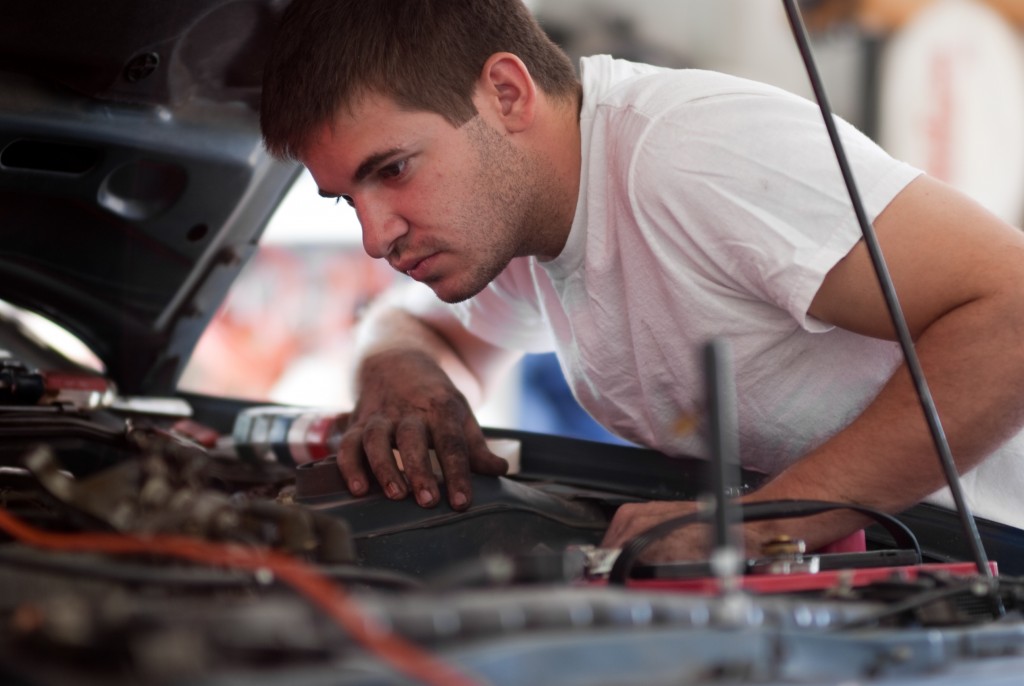Probably the most important part of a car is its brakes. They enable the driver to stop the car and avoid any accidents or hazards on the roads. That’s why the brakes must be properly maintained at all times. Otherwise, you’ll be risking the safety of everyone in the vehicle, and even that of other people in the cars you encounter.
Because the brake system is very important, there’s a misconception that it’s difficult to maintain. That’s why car owners often opt to pay expensive maintenance fees for brake maintenance services. But you’ll be surprised how easy it is to DIY your own brake maintenance efforts, as long as you have the right equipment such as a hydraulic kit and other essential tools. Here’s how to keep your car’s brakes working optimally.
Check brake pads and rotors
The pads and rotors are the parts that come into contact with your tires when you step on the brakes. Because of the intense friction and heat, they’re prone to rapid wear and tear. You need to check on the pads and rotors to make sure that there’s adequate resistance for when you use your brake systems.
To check, remove your tires and assess the pads and rotors. If you notice even the slightest damage, replace them immediately. There are also signs that will tell you that you need to replace your pads and rotors, such as when you have to push the brakes further to get the vehicle to stop or when you smell a burning odour coming from your car.
Flush brake fluids
The brake fluids are important because it functions as your brake pedal’s messenger to the tires. When you step on the brakes, pressure from the brake fluids is transferred to the master cylinder, then the brake lines, the callipers, and all the way to the brake pads and rotors. As you can see, without the brake fluids, the totality of the brake system will not function optimally.
It’s ideal to change your brake fluids every now and then, precisely every 25,000 miles. This will help get rid of fluids that have accumulated moisture and prevent damage to your brake system.
Replace brake parts

Every part of a car is prone to gradual wear and tear. The rate of it depends on how often you use the vehicle. As you probably already know, owning a car is a huge responsibility. You don’t only shell out money from your pocket to pay for the vehicle, but you also have to shoulder additional repair and maintenance expenses to keep it functioning optimally.
Every now and then, replace your brake parts and take the opportunity to upgrade them into more advanced equipment. This will help prolong the lifespan of your brakes and ensure optimal performance.
Bleed brake lines
Similar to your brake fluids, brake lines are also crucial for the proper functioning of your brake system. Brake lines should, as much as possible, be free from air or moisture. But the tendency for small amounts of air to make its way into your brake lines can be unavoidable. It’s essential for you to bleed them and get rid of excess air. Do this by simply stepping on your brake pedal while adjusting the bleeder valve every 2-3 years.
Owning a car is a huge responsibility. To ensure proper functioning and its optimal condition, you should conduct the necessary maintenance efforts — especially for your brakes to ensure not only your safety but also the safety of others around you.


